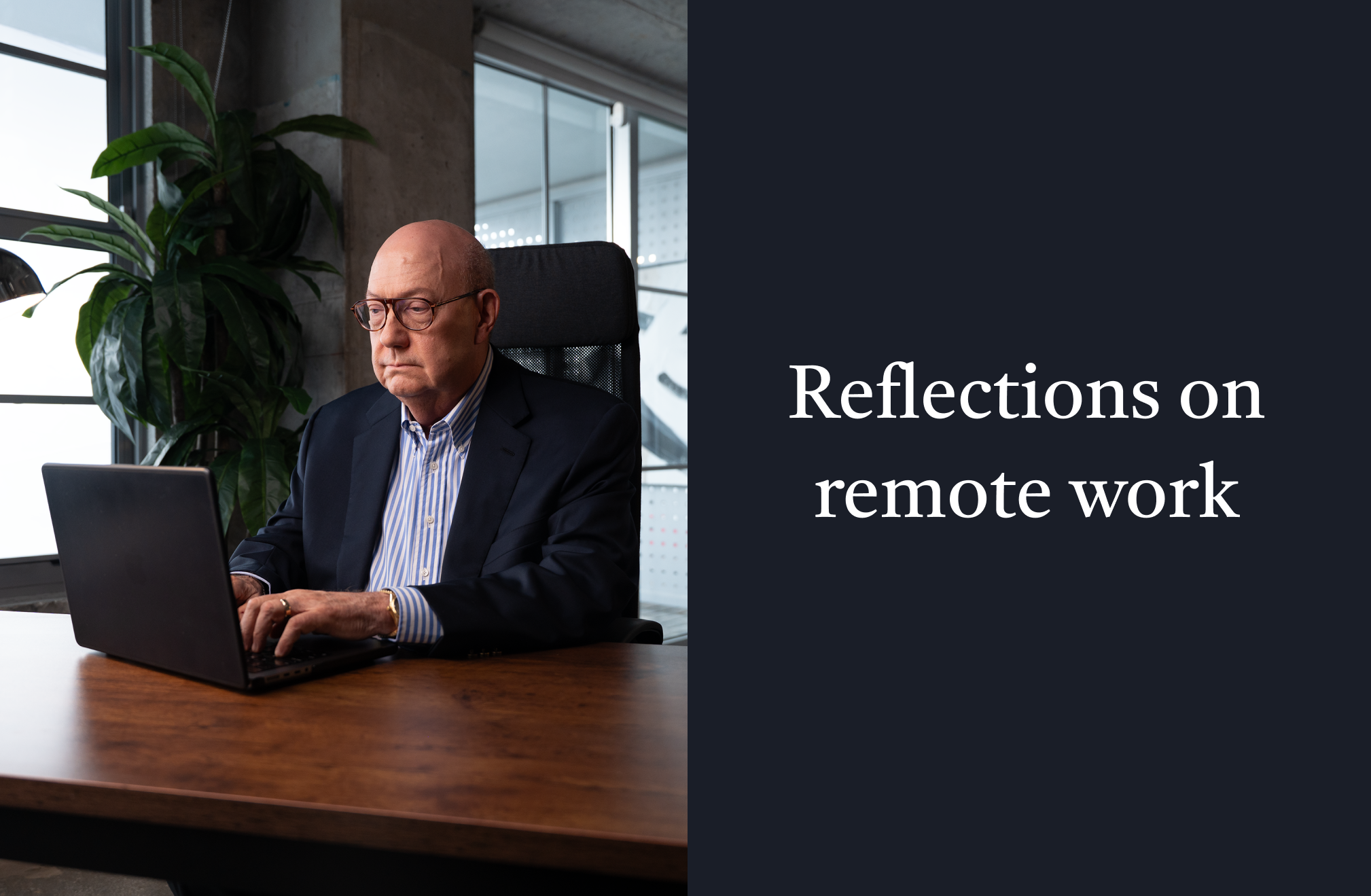
There are no two ways about it, launching a business is a challenging endeavor. And launching a business with little to no resources, even more so. Whether the venture turns out to be successful or not, is largely dependent on your commitment to the project, your vision, attention to detail and willingness to put in the hours. However, some of the brightest minds in the world have started businesses that have eventually proved unsuccessful, despite their commitment and drive.
Before founding Ford Motor Company and revolutionizing automobile manufacturing, Henry Ford’s first business, the Detroit Automobile Company, failed due to an incongruence between poor quality and high prices. Another example could be Colonel Harland Sanders. Despite facing several setbacks, including the closure of his first restaurant and being fired from several jobs, Sanders persevered and successfully founded KFC at the age of 65. The moral? If at first you don’t succeed, try and try again. Behind every successful business, no matter how much capital they started with, is a diligent entrepreneur. Successful entrepreneurs must not only have a clear vision, they also need to have high attention to detail. They are generally driven by vocation and committed to working very hard to achieve their objective.
That’s another consideration, time. If entrepreneurs do not have the capital to employ staff, they must expect to work long hours to cover the non-negotiable aspects of a successful business, such as marketing, promotion, R&D, accounting, planning and management. Businesses that require little overhead, material that the average person can typically afford, such as a computer and access to the internet, and few employees (to get off the ground), can grow over time and prove to be very successful, as long as they have a strong basis and a clear vision. Some examples might include the tech, social media or e-commerce sectors.
Creativity is also a fundamental part of success, whether a business starts with $100 or $100 million. Entrepreneurs must be able to think on their feet, find solutions to problems they have never faced before, and convince others that they and their business are worthy of their trust, time and investment. Quantifying how much capital you need to start a business is complex; it depends heavily on each situation, context, and business idea. However, no matter how much capital you begin with, you will always need more resources than you initially anticipated. Initial timeframes are also generally inaccurate, in the sense that projects often take longer than expected, due to unforeseen setbacks, and underestimated forecasts.
I would encourage anyone wishing to become an entrepreneur, with a clear vision and a well-studied business plan, to give it a shot. Speaking from experience, entrepreneurship is incredibly challenging, demanding, and at times disappointing, but it is also one of the most rewarding and satisfying things you can do, with the potential for both personal and professional growth, and outstanding results.






